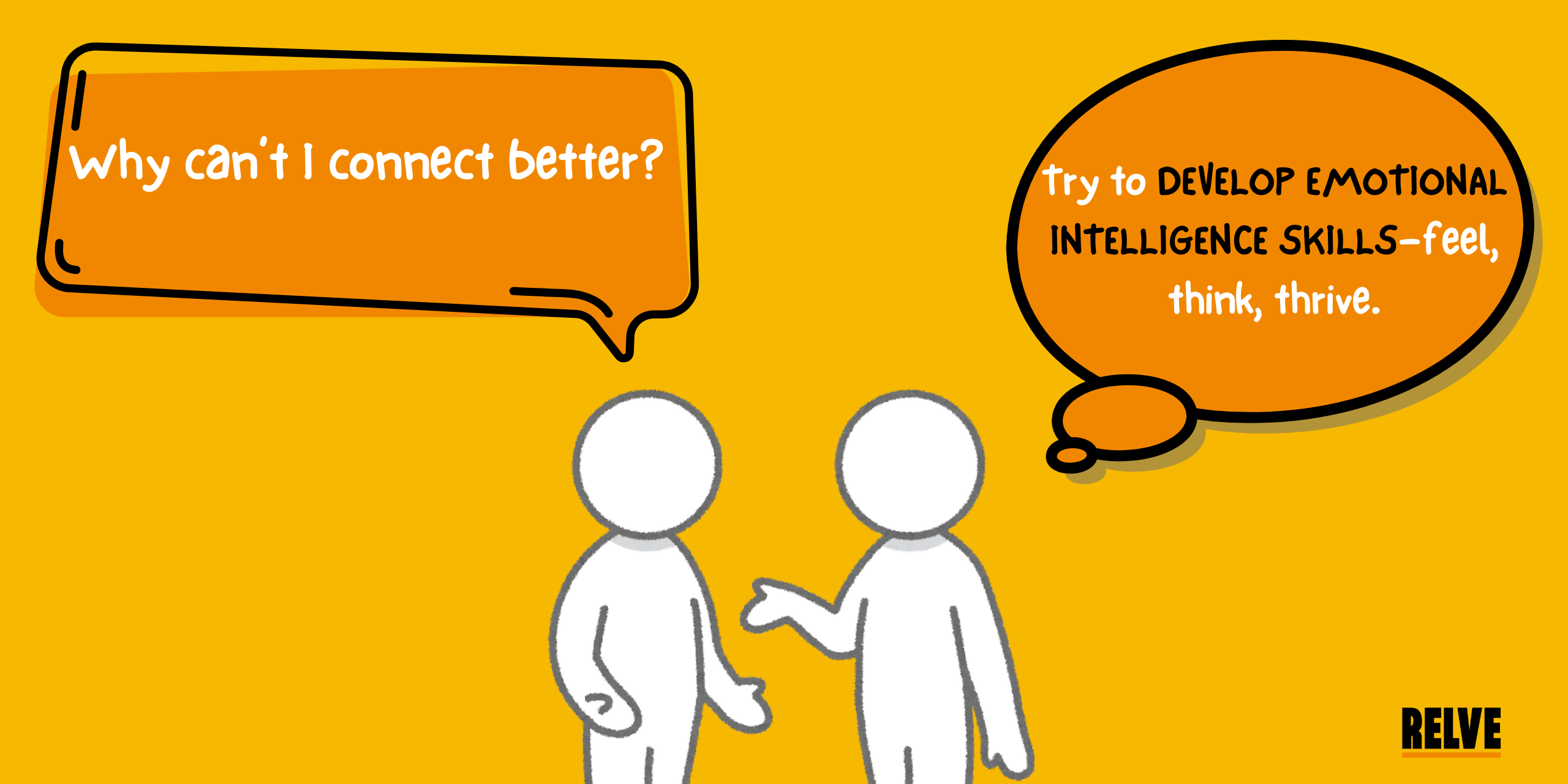Develop Emotional Intelligence Skills – The One Skill That Transforms Every Relationship You Have
Let’s pause for a second.
When was the last time you truly felt understood? Or that you fully understood someone else—not just what they said, but what they meant, what they needed, and what they didn’t know how to express?
In a world that celebrates productivity and performance, we often forget that our greatest asset isn’t our IQ—it’s our emotional intelligence. Our ability to understand emotions, manage them wisely, and connect with others meaningfully shapes everything from our careers to our closest relationships.
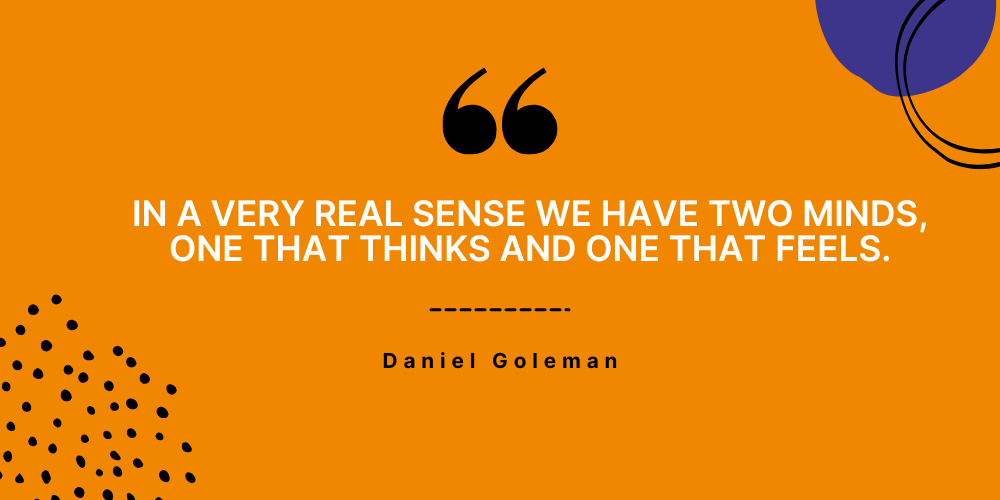
And when these two minds work in harmony, we thrive—not just professionally, but personally, socially, and even spiritually.
In this guide, we’ll explore how to develop emotional intelligence skills that don’t just make you more likable—but more grounded, more connected, and more resilient.
You’ll discover strategies, real-world insights, and expert-backed practices to help you thrive in an emotionally complex world.
Let’s dive in.
Develop Emotional Intelligence Skills: What is Emotional Intelligence, Really?
Before we talk about how to develop emotional intelligence skills, let’s define what it truly means.
Daniel Goleman, who popularized the term, identifies five core areas:
These form the foundation of skills to develop emotional intelligence, helping us navigate the inner world of emotions and the outer world of relationships.
Develop Emotional Intelligence Skills: A Superpower in Today’s World
Think about the leaders, mentors, or friends who impacted your life most. Chances are, it wasn’t their technical expertise—it was their emotional resonance.
In today’s fast-paced digital world, emotional intelligence isn’t just an advantage—it’s survival armour.
Emotionally intelligent people:
- Read the room without saying a word
- Make others feel seen, heard, and safe
- De-escalate tension with empathy, not authority
- Navigate ambiguity with grace
And in the age of AI, where machines handle logic, human connection is the skill of the future.
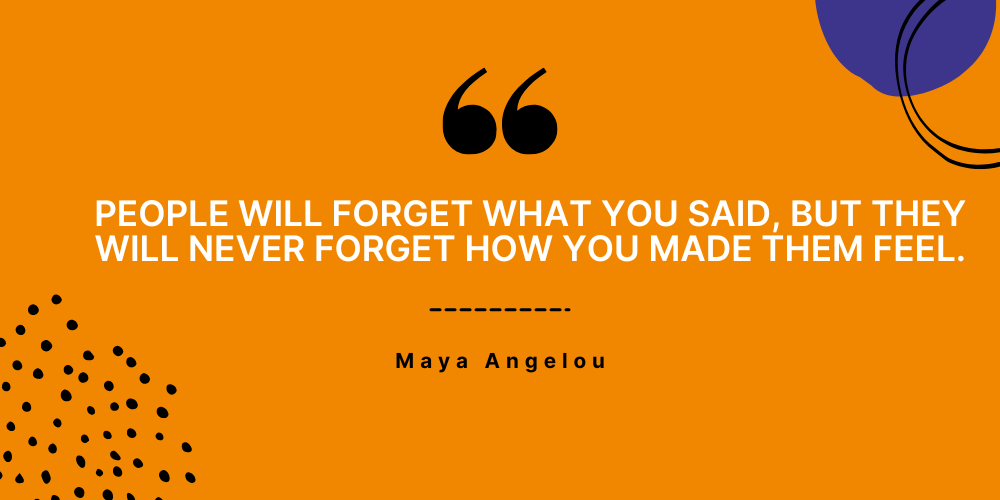
Companies now rate empathy, adaptability, collaboration, and communication as top skills in hiring. Relationships thrive on it. So do teams. So do families.
Whether you’re managing a team, mentoring a peer, or nurturing a relationship, your ability to develop emotional intelligence skills directly impacts how others respond to you.
Develop Emotional Intelligence Skills: Self-Awareness and Self-Regulation
Let’s begin with the heart of emotional intelligence—self-awareness and self-regulation. Without these, you’re emotionally reactive instead of responsive.
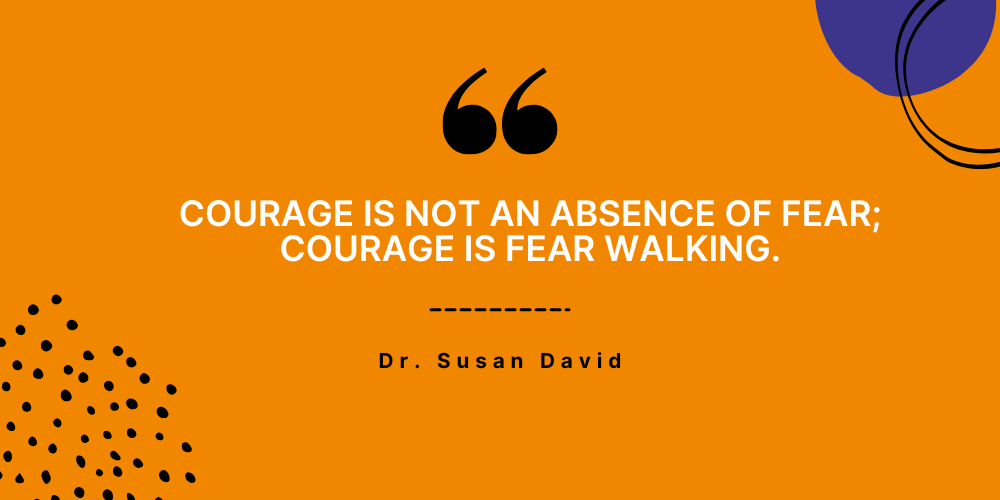
To build awareness, ask yourself:
- What am I feeling right now, and why?
- What triggered this emotion?
- How is it influencing my behavior?
Self-regulation is about staying grounded amid emotional storms. Practice techniques like:
- Deep breathing
- Journaling your triggers and responses
- Pausing before responding
These small habits form the foundation of skills for developing emotional intelligence and allow you to respond instead of reacting.
Develop Emotional Intelligence Skills: Building Empathy
Empathy is the bridge between understanding and connection. Without it, communication becomes transactional. With it, you create transformation.
To grow empathy:
Listen to understand, not just to respond. Give your full attention.
Pay attention to body language, tone, and facial expressions.
Validate emotions with empathy rather than advice or dismissal.
Use prompts like “What’s really going on underneath?” to deepen the conversation.
Developing empathy strengthens your skills to develop emotional intelligence and deepens trust in every relationship.
Motivation and Purpose-Driven Thinking
Highly emotionally intelligent people are intrinsically motivated. They understand their “why” and use it to drive resilient behaviour.
Even in setbacks, they maintain clarity of purpose.
To cultivate intrinsic motivation:
- Define your core values
- Set emotionally meaningful goals
- Reflect on your personal growth regularly
These insights are central to the 5 skills to help you develop emotional intelligence — especially as you lead yourself through challenges.
Discover Your Intrinsic Motivation
Part of Emotional Intelligence Mastery
Mastering Social Skills: Communication That Connects
Great communication is not just about speaking well—it’s about helping others feel seen, heard, and safe.
Enhance your emotional intelligence developing strong people skills by practicing:
- Nonviolent communication (observations, feelings, needs, requests)
- Emotional mirroring
- Constructive feedback without criticism
These are practical, teachable habits that elevate team dynamics, conflict resolution, and everyday interactions.
The Language of Emotions: Listening to Your Inner Compass
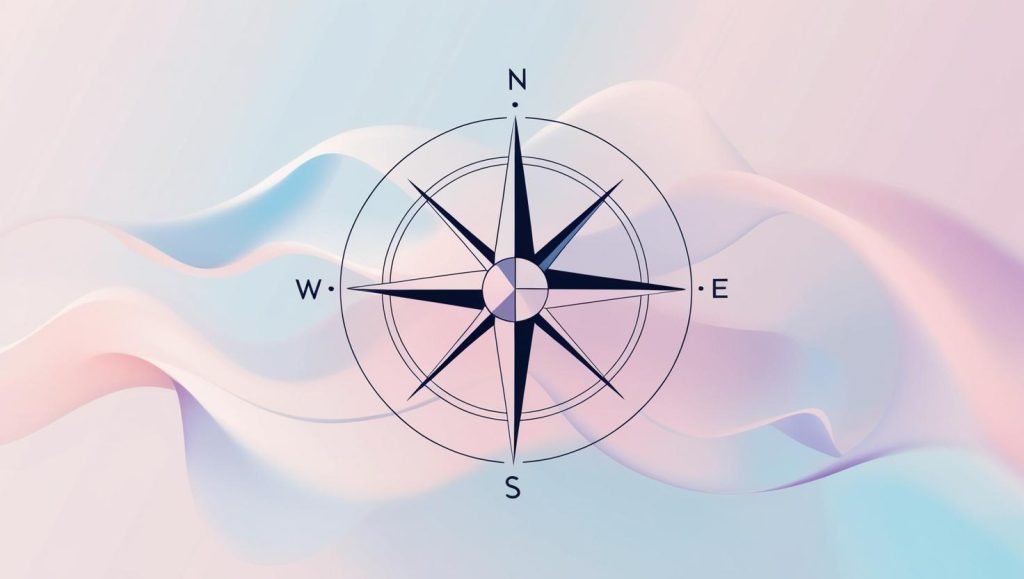
You can expand your skills to develop emotional intelligence by:
- Naming your emotions precisely (not just “fine” or “stressed”)
- Understanding the message behind each feeling
- Acting in alignment with what your emotions are teaching you
This practice increases your self-trust and emotional clarity—key ingredients for connection and leadership.
Practical Ways to Develop Emotional Intelligence Skills
Ready to integrate what you’ve learned? Here are a few powerful ways:
These practices reinforce how to develop emotional intelligence skills in real, tangible ways.
Emotional Intelligence in Leadership and Workplaces
Modern workplaces aren’t just seeking high-performers—they want emotionally intelligent collaborators.
In fact, EQ is now one of the most sought-after leadership traits.
Leaders with high EQ:
- Inspire psychological safety
- Reduce team friction
- Build trust across departments
- Cultivate purpose-driven culture
Building your skills for developing emotional intelligence makes you a better teammate, mentor, and changemaker.
And now… a deeper truth to end with
Emotional intelligence is not about being perfect. It’s about being present, perceptive, and purposeful.
When you strengthen these muscles—self-awareness, empathy, emotional fluency—you don’t just build better relationships. You build a better life.
You’ll understand people more, judge less, react less, respond more, and most importantly—feel more alive.
Because in a disconnected world, your greatest power is your ability to connect—with others, and with yourself.
So, the next time you walk into a room, a conversation, or a conflict, remember:
It’s not just about being right. It’s about being real.
Feel. Think. Thrive.
